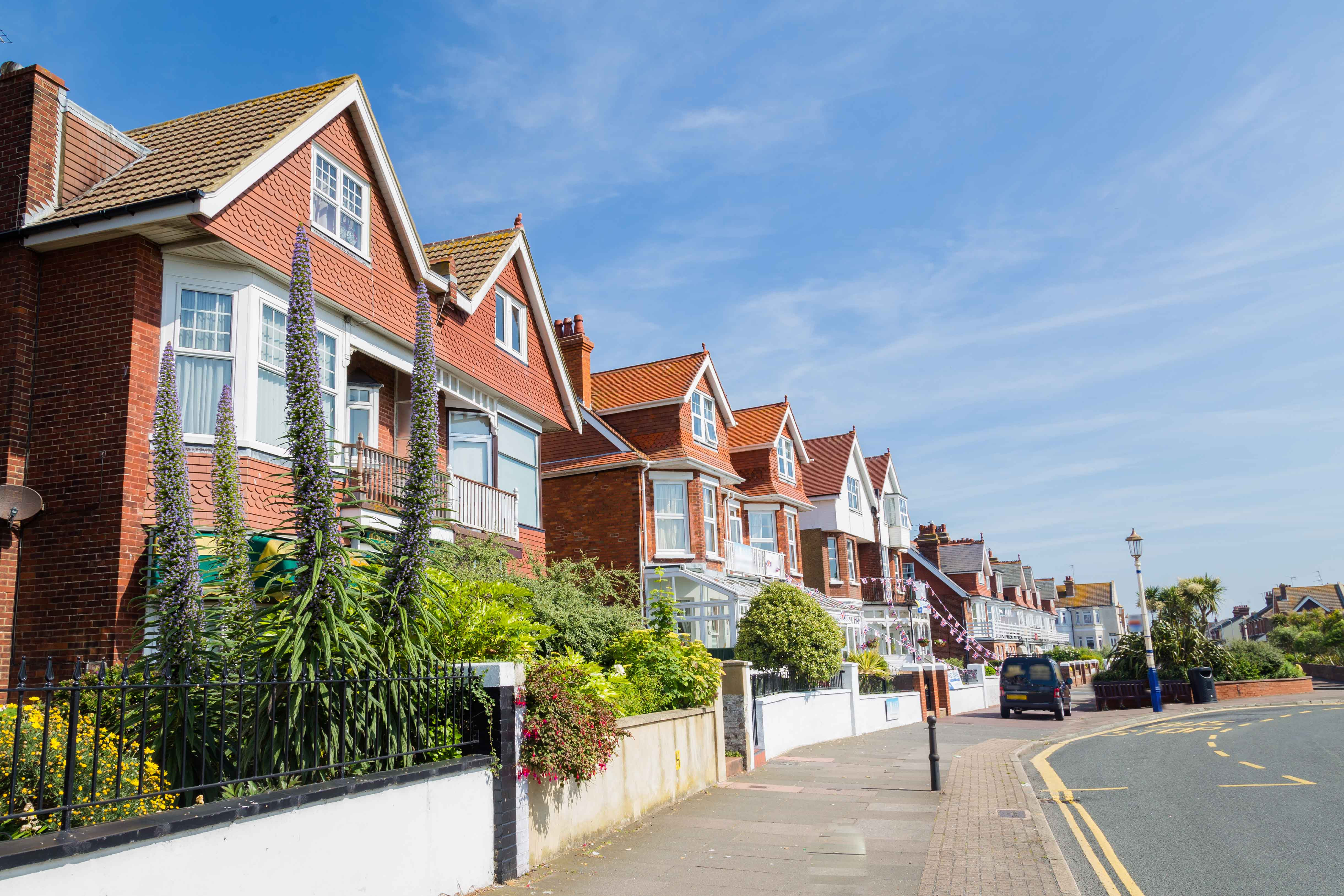By clicking a retailer link you consent to third-party cookies that track your onward journey. This enables W? to receive an affiliate commission if you make a purchase, which supports our mission to be the UK's consumer champion.
Coronavirus and renting: what does it mean for my rights as a tenant?

The government has relaxed eviction rules and told landlords they must be flexible to help keep tenants in their homes during the coronavirus outbreak.
The new Coronavirus Act 2020 says that landlords in England and Wales need to give three months' notice before they can start eviction procedures. In Scotland, this extends to six months.
Here's what it means for you if you're currently renting your home - it applies to both private and social tenancies.
To find out what COVID-19 means for your rights, travel, health and lifestyle, check out the latest coronavirus news and advice from Which?
Do I still need to pay rent during the coronavirus outbreak?
Yes, tenants still need to pay rent and keep to the usual terms of their rental agreement.
What if I can't afford to pay my rent because I'm out of work?
If you've lost income because of the outbreak and can't pay your rent, talk to your landlord to see whether you can come to an arrangement.
The government has urged landlords to support tenants so that they can stay in their homes wherever possible.
Of course, everyone's situation is different, but your landlord might be able to offer reduced or suspended payments until you can find work. They might even give you affordable options for repayment in the future.
A successful rent reduction Lindsay Gregg was recently furloughed after job cuts were made at the retailer she works for. Her landlord has agreed to reduce the rent on her home in Didsbury, Manchester, by £200 a month until she returns to a full salary. 'I don't think I'd be able to afford another place in this area, plus all the costs and stress of moving. There's a long wait for social housing.' 'My daughter just started school locally and it would have been a big upheaval to move away. I'm very grateful.' |
Many landlords can benefit from a three-month mortgage payment holiday, which has been extended to Buy to Let mortgages.
They've been encouraged by bodies, including the National Landlords Association, to pass these savings on to their tenants.
If your landlord is behaving unreasonably, you can also report them to your local authority.
Am I entitled to housing benefits if my circumstances have changed?
You might qualify for financial support to cover your housing costs if you're now not earning, or earning less.
Housing allowance and Universal Credit have been increased to cover housing costs and help those most in need. Check with your local authority to find out what you're eligible for.
Your local authority can also help you find emergency housing, and put you in touch with support groups in your area.
Housing charities, including Shelter, can also help if you're at risk of losing your home.
What if I need repairs or maintenance on my home during lockdown?
Your landlord is still responsible for keeping your home safe.
Essential repairs and maintenance checks, such as boiler servicing, should still be carried out where possible and within distancing guidelines.
Urgent issues include heating breakdowns, problems with your water supply, suspected gas leaks, burst pipes, a leaking roof and security risks like broken windows or doors.
See our advice on when an engineer or tradesperson should be allowed in your home.
What if my tenancy ends during a period of social distancing?
If you've been unable to find a new home because of the distancing rules, or you're unable to move because you're self-isolating, ask your landlord if you can extend your tenancy until distancing measures are relaxed.
Ask whether a month-to-month agreement is possible if you don't want to commit to a new long-term tenancy agreement on your home.
Can I move into a rented home during lockdown?
The government has advised that home moves should be cancelled until after social distancing measures have been relaxed, so put off your move if you can.
But if you've already signed a tenancy agreement, you'll still have to stick to the contract, which means paying rent even if you haven't moved in.
We've heard that many landlords are being flexible, so talk to yours and see whether you can postpone your move-in date.
You could also look into cancelling your tenancy altogether if you can, although this might mean you have to pay termination fees. You might also lose any deposits you've paid.
All tenant rights still apply, and equally your landlord is still responsible for everything they have agreed to in the tenancy agreement.
- Find out more about your tenancy rights when renting privately.



